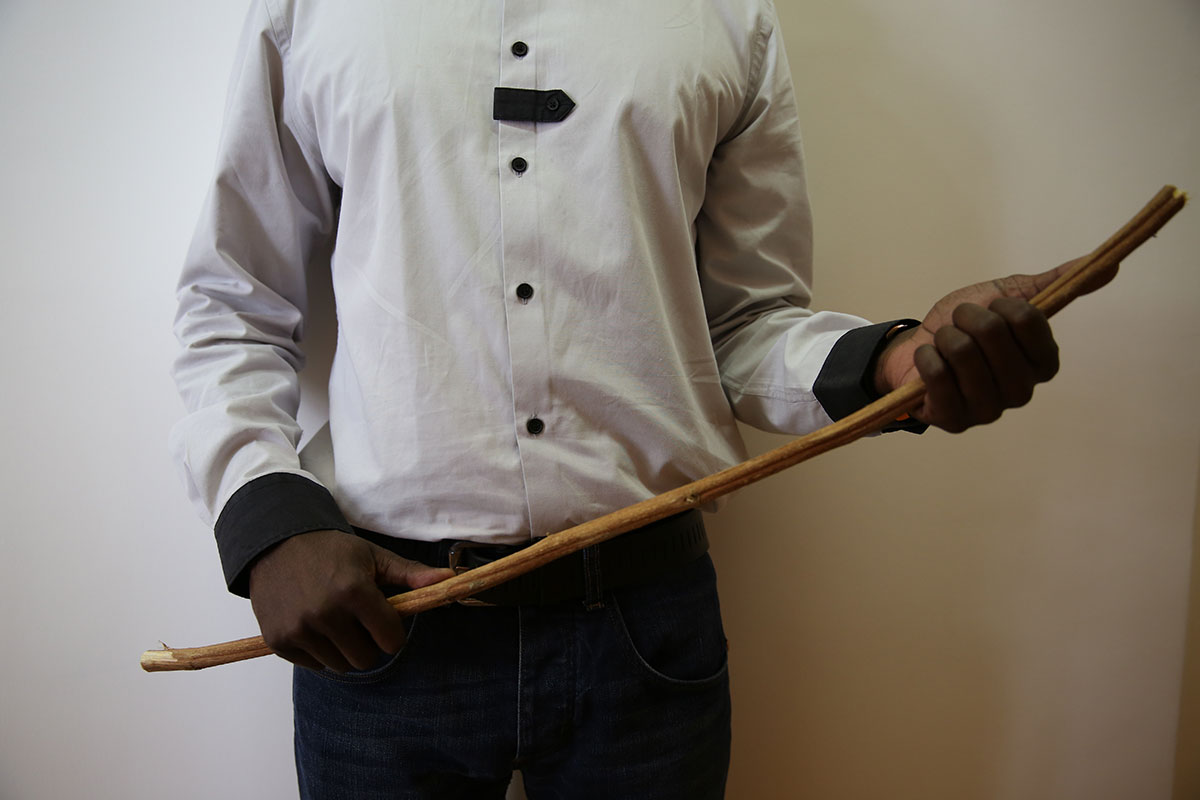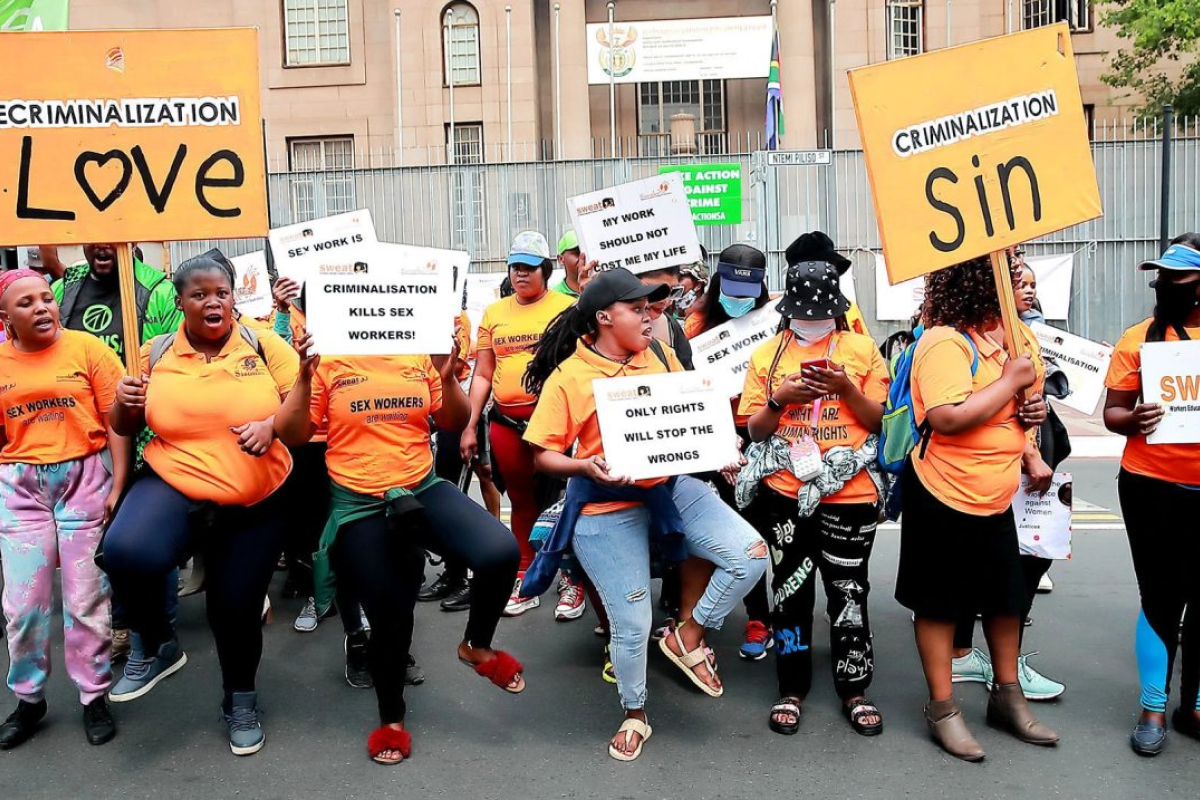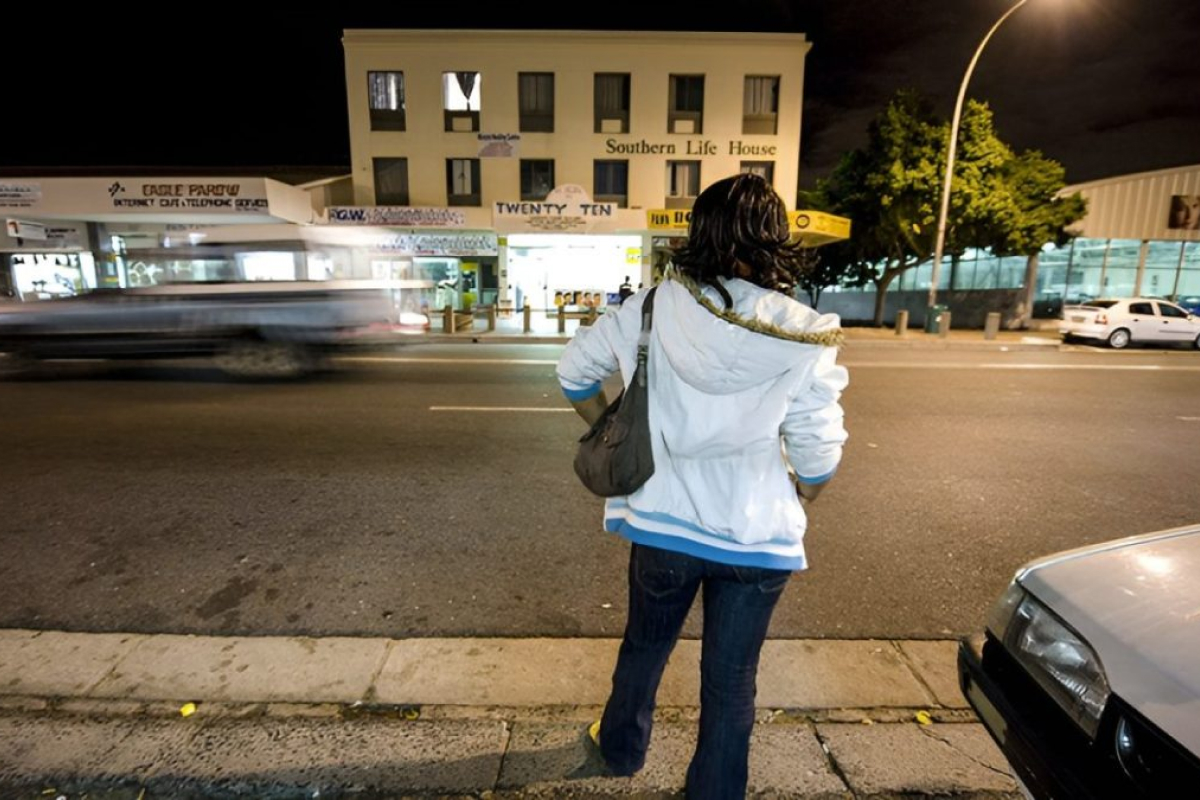The phrase “spare the rod and spoil the child” is often used as a justification to violate our children. It is, in fact, a form of rationalising by us as parents to justify being violent towards our children, without consequences on our part. We use the Bible or God’s teachings to make us feel OK about ourselves as we beat up children.
It has always bothered me that the majority of us parents have never looked at corporal punishment or spanking of children as a form of violence. We have used the following phrases as justification to violate our children: “I got hidings as a child, it didn’t do me any harm so why should I not do it to my child?; I beat my child because I love my child and I would not do anything to harm my child because I care about my child; Look at me, I am successful because my parents gave me a hiding and I did not argue or remonstrate with them, so what is the problem?; and “there is a big difference between child abuse and corporal punishment.”
The majority of us even go as far as accusing the government of wanting to interfere in the upbringing of our children. I often wonder if this is true, and I don’t think that it is. I am convinced that all that the government is saying is that we should not allow any form of violence to be legitimate, and that includes using corporal punishment on our children. Is that unreasonable, unfair or irresponsible? I don’t think so.
We come from a history of an institutionalised form of violence that was apartheid. And so, when we spank and violate our children, is it not because of the violence that the majority of us were exposed to in the past that makes us think that violence is OK and that it is not something abnormal.
“We should condemn any and all forms of violence in our society,” is what most of us say. But we give a myriad excuses when it comes to violence directed at children. We cannot rationalise corporal punishment and hope to create a society that rejects violence. It is our aim as a nation to raise children who will not resort to violence as a method of conflict resolution but who will find alternative ways of dealing with disagreements and misunderstandings.
I am reminded of what the minister of social development, Bathabile Dlamini, said: “Children are impressionable and when those in positions of authority use violent means to encourage discipline, the children understand this as saying violence is permissible when trying to persuade others to act in a certain way. “This is why we are going to forge ahead with banning of corporal punishment, even in the home environment.” This best captures the national vision of a future free of violence. We should applaud the minister’s brave public stance on this matter.
Corporal punishment goes against the grain of our constitution and several international treaties that we, as a country, have signed.
As parents who are in a position of authority relative to our children, we should find alternative ways and means of disciplining our children, rather than resorting to physical punishment.








